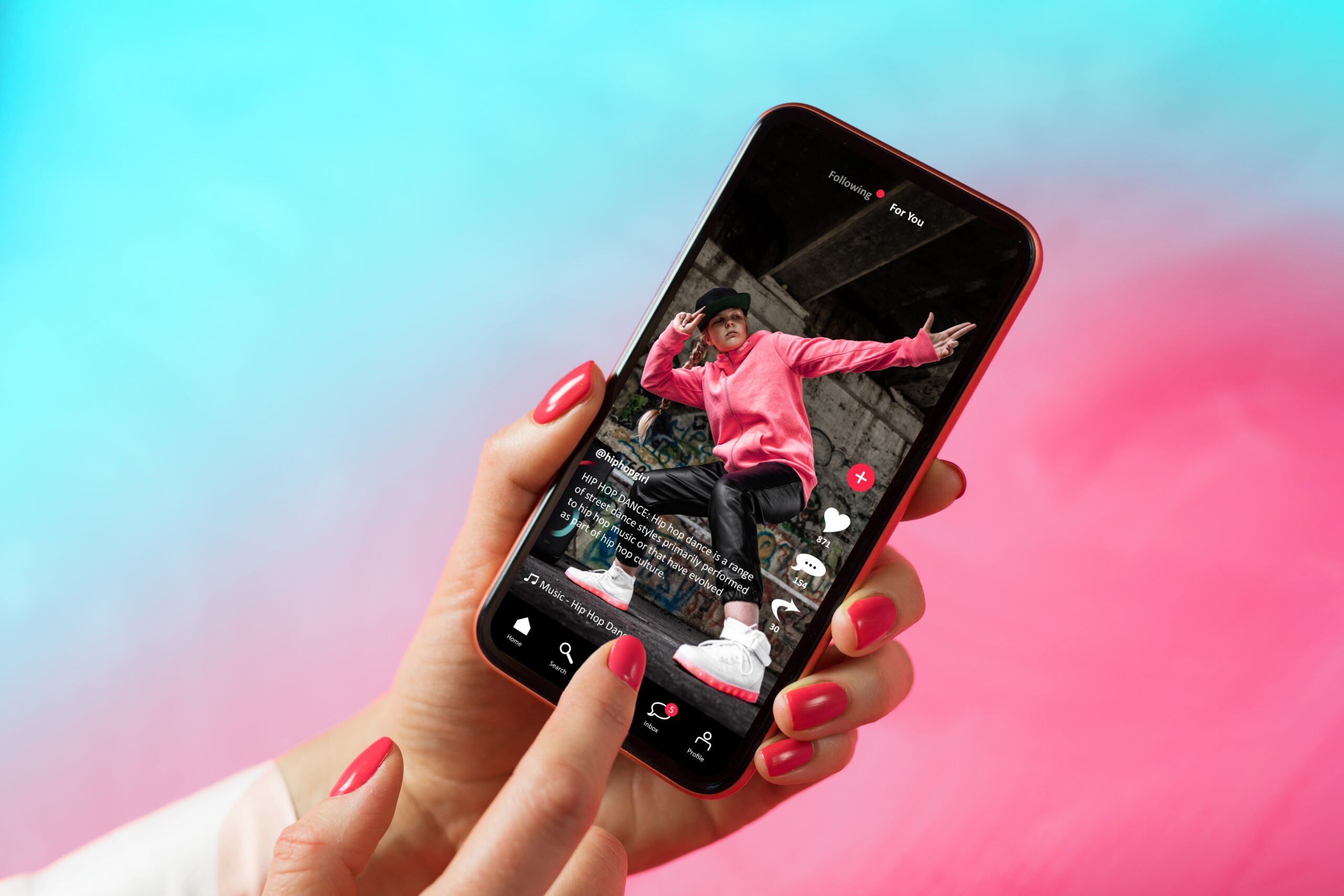In every interaction we have with clients, conference attendees, or participants in our research, we…
Become a Destination or Disappear
“We are living in the age of attention inequality.”
That’s what Zach Schwitzky, CEO of Limbik , told me when I interviewed him for my book Gen Z 360. At the time, I didn’t fully grasp how profound that statement was. But within just a few years, it became crystal clear: attention has become the most valuable—and unequal—currency in the digital economy.
Social media platforms offer brands massive reach, but they come with cost: a slow erosion of ownership. As brands chase engagement across TikTok, Instagram, YouTube, and others, they lose access to the very audience they’ve worked so hard to build. These platforms own the data, control the algorithms, decide who sees what and when, gathering insights that make them stronger while leaving brands increasingly dependent and vulnerable.
As @Zach told me “Facebook could use its data to inform a hotel brand that rivals the biggest and best in the world”—simply because they own the data across countless consumer interactions, while no hotel chain could replicate the scale of data and insights that Facebook has on the industry. The same goes for Netflix and Amazon. They build their businesses on understanding consumer data across film genres and product categories respectively.
This is the core of the problem.
If your business model depends entirely on third-party platforms, your future is not in your hands. You are simply a digital tenant at the mercy of the tech landlords. They control the algorithms, features, and community guidelines and have direct impact on your brand’s visibility, reach, and ability to interact with your followers.
Brands like Disney understood this early. They pulled their content from Netflix and built Disney+, reclaiming both audience and data. Nike followed a similar path. While still present on social media, Nike focuses on funneling users into its own ecosystem—the Nike Training Club and Nike Run Club apps. There, consumers get exclusive content, community, and tools tailored to their goals. That’s not just brand loyalty—that’s ownership.
And that, my friends, is the solution: Become a destination.
Create content and experiences that draw people to your website, your e-commerce site, and your stores. Build brand communities where consumers participate, contribute, and belong (think LEGO Ideas, or AerieReal). Don’t just broadcast to the world. Host the world.
This is especially true for Gen Z, the first fully digital generation. They’ve grown up with algorithms shaping what they see, but that doesn’t mean they’re passive. In fact, they crave deeper, more authentic experiences with the brands they support. They don’t just want to consume—they want to co-create, participate, feel seen, and be part of the story. They’re looking for meaning, belonging, and experiences. If they don’t see that right away, they move on without a second thought.
Becoming a destination isn’t about flooding your feed with content or throwing endless number of events. It’s about designing an ecosystem where your audience feels at home—where they choose to return because it adds value to their lives. It’s about building something that is sustainable, intentional, and magnetic.
As Schwitzky said, “The ROI of trackable attention is that your business will still exist in five years.” In today’s economy, attention is everything, and you have to own it.
The choice is clear: become a destination or disappear.
Gen Z is Changing Everything




